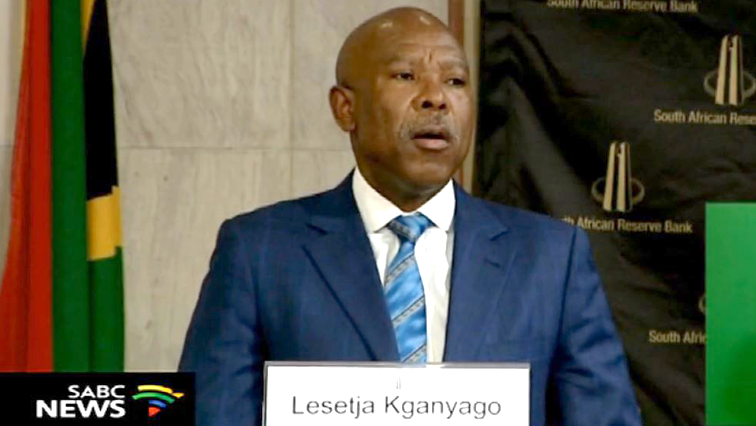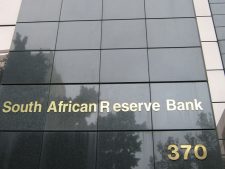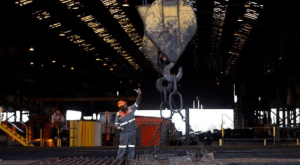Economists say the Reserve Bank Monetary Policy Committee (MPC) statement indicates that the bank is not in a hurry to hike interest rates. The Reserve Bank’s MPC has decided to keep the repo rates unchanged at 6.5 % as widely expected.
The bank has indicated that it deems the current levels of rates to be accommodative and appropriate.
Economists say this assertion indicates that the central bank is in no rush to hike policy rates, nor does it think further rate cuts are necessary amid tighter global funding conditions.
Delivering the Committee’s decision, Reserve Bank Governor Lesetja Kganyago warned that the current trade wars, higher electricity prices and the weaker exchange rate pose a risk to the inflation outlook.
Kganyago says the higher petrol prices could be moderated by lower food prices. He says the impact of the recent VAT hike has been less than anticipated.
“The impact of the VAT increase appears to be less than anticipated. However, the weaker rand exchange and higher oil price assumptions result in more elevated inflation trajectory. Headline inflation is now expected to average 4.8 % in 2018 before increasing to 5.6 in 2019 and 5.4 in 2020.”
The Reserve Bank’s MPC has revised its growth forecast lower for 2018. The bank now forecast growth of 1.2% from 1.7 % previously.
Kganyago says the decision to revise growth downward follows first quarter contraction in GDP. He also raised concerns about the inflation outlook.
“The MPC noted the rising inflation trajectory, while remaining with the target range it is moving closer to the upper end of the range. Key uncertainty in the global environment remains. The continued strength of the US dollar which has appreciated against most currencies any sustained elevation of oil prices, escalating trade conditions, geopolitical development could continue to pose risks to the inflation outlook.”
The Reserve Bank has raised concerns about above inflation wage settlements amidst declining productivity growth. The concern is that higher wages could fuel further spending, triggering inflation.
Kganyago says public sector wage growth in the absence of productivity growth could drive inflation.
But economist Jason Muscat is doubtful about wages pushing up inflation in the current environment.
“We need to take into account how much of that wage price spiral is going to feed into the real economy and consumption. So far, we have not seen that… we have had decent real wage growth and we now seeing well above inflation settlements in the public sector. We are still not sure if that is going to feed the consumption cycle and therefore, inflation. All of the pressure we have seen are coming from the rand, oil components of transport.”
Click below for more on the story:






